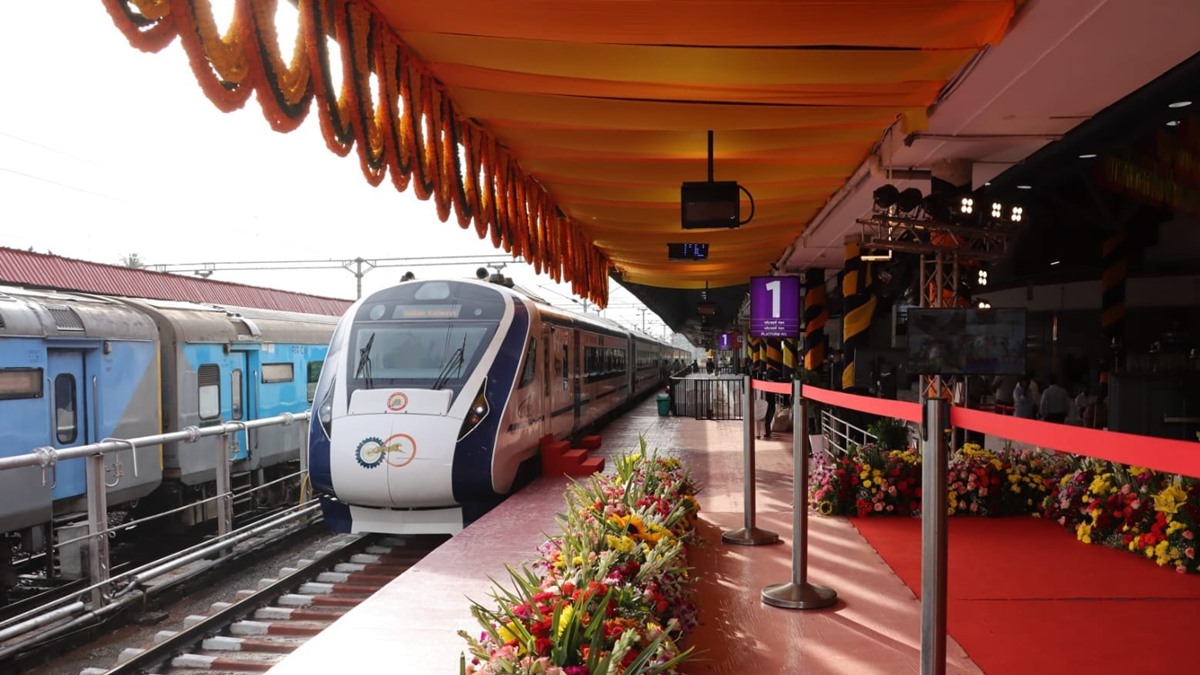Veteran war correspondent Kate Webb dies at 64
SYDNEY, May 14, (Reuters) Veteran war correspondent Kate Webb, whose obituary was once written in 1971 after she went missing and was feared dead during the Vietnam War, died at the age of 64.
''She passed away very peacefully yesterday afternoon,'' Webb's sister, Rachel Miller told Reuters on Monday, adding she was surrounded by family and friends, including her other sibling, Jeremy Webb, at a hospital in Sydney.
Webb had been living in a quiet area north of Sydney since she retired in 2001, apart from one year teaching journalism in Ohio in the United States.
''She was determined to retire and she did,'' Miller said.
Webb had been in hospital the past few weeks, after being diagnosed with bowel cancer about six months ago.
The family is planning a funeral service on Friday in Sydney, followed by a jazz wake.
LIVING DANGEROUSLY Webb began a storied career as a foreign correspondent during the turmoil surrounding Indonesian president Sukarno's fall from power in the 1960s, a period made famous by the book and film ''The Year of Living Dangerously''.
Over the next four decades she was witness to some of Asia's most dramatic moments - the assassination of Rajiv Gandhi in India, the mujahideen triumph in Afghanistan, the ''people power'' revolution in the Philippines, the fall of Chun Doo-Hwan in South Korea, Cambodia's ''Killing Fields'', East Timor's civil war and Hong Kong's handover, among other stories.
But it was her adventures in Vietnam and Cambodia that created the legend of a rough and ready reporter, one of a handful of women reporters covering the Indochina War, described as a modern day Annie Oakley, packing pens instead of pistols.
At the age of 28 and working for United Press International, North Vietnamese forces captured her and five others during a 1971 battle for Highway 4. Newspapers wrote her obituary, prematurely it turned out.
When it became clear that she was being held, friends and contacts across the world lobbied for her release.
Weeks later, she staggered back to Phnom Penh.
''One of the North Vietnamese helped me,'' she told the Hong Kong Foreign Correspondents' Club newsletter at her retirement from Agence France Presse in 2001.
''He was obviously very tired and sick, but he kept questioning me and I thought, 'he's a professional'. And I suddenly remembered that I was a professional too, and I stopped feeling like a victim.'' Webb, whose hard-drinking and heavy smoking was legendary, at times presented an image of the walking wounded.
A former UPI colleague remembered the time she broke her toe dancing at a farewell party in Jakarta -- and then kept dancing.
Her most harrowing moment came in Afghanistan around 1990, when a militia commander accosted her in the lobby of a Kabul hotel and dragged her up to his room by her long tresses.
Colleagues rushed to her aid, though not before the commander had bashed her head and pulled a large chunk of her hair out.
''That rattled me, really spooked me,'' she told the newsletter. ''It took a while to stop looking over my shoulder.
There's something very humiliating about having your head bashed.'' MOTHER COURAGE Not long after that, she was in a motorcycle accident in Delhi that severely injured one of her arms and peeled off half her face.
For weeks, she could not see or move, but refused to be evacuated out of India. She had a houseful of Afghan refugees to take care of.
Webb, who left behind a long trail of lovers, never married and never had children. But her compassion was as legendary as her nose for trouble.
''It's almost appropriate that she died on Mother's Day,'' Financial Times correspondent Jack Burton said of Webb, who was godmother to his daughter. ''She was an earth mother type always looking out for the underdog.'' Born in New Zealand in 1943, her family moved to Australia when she was eight and to Europe when she was 13. The trauma and violence in her life was presaged in the death of her parents -- her father a political science professor, her mother an Asia historian -- in a car crash when she was a teenager.
''People always think I must be so tough to survive all this,'' Webb told the newsletter. ''But I'm a real softie. But maybe that's what it takes -- you have to be soft to survive.
Hard
people
shatter.''
(Additional
reporting
by
James
Grubel
in
Canberra)
REUTERS
SM
HS1255


 Click it and Unblock the Notifications
Click it and Unblock the Notifications




